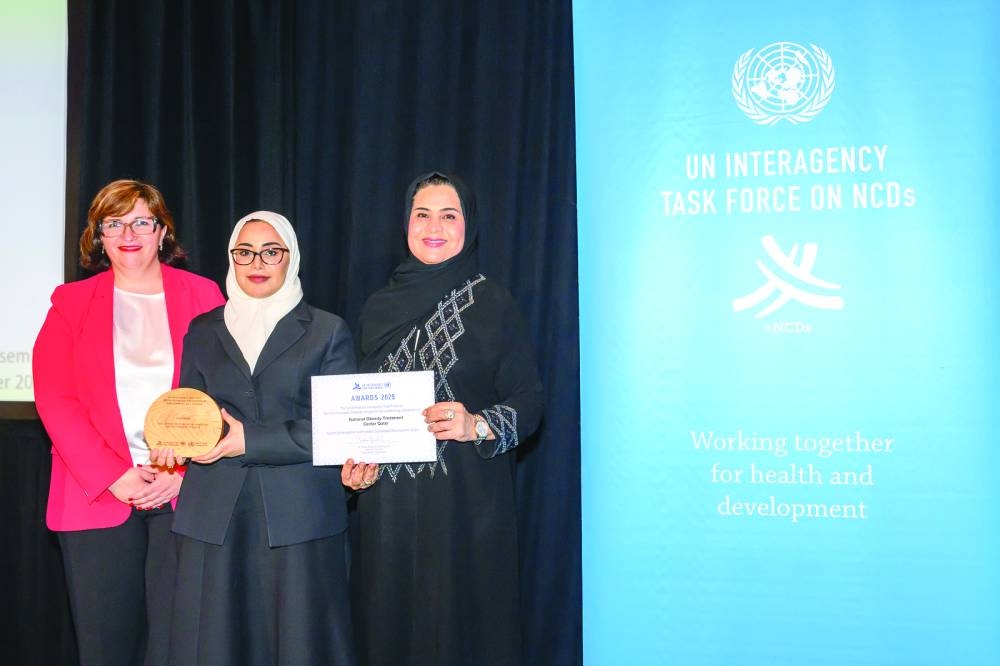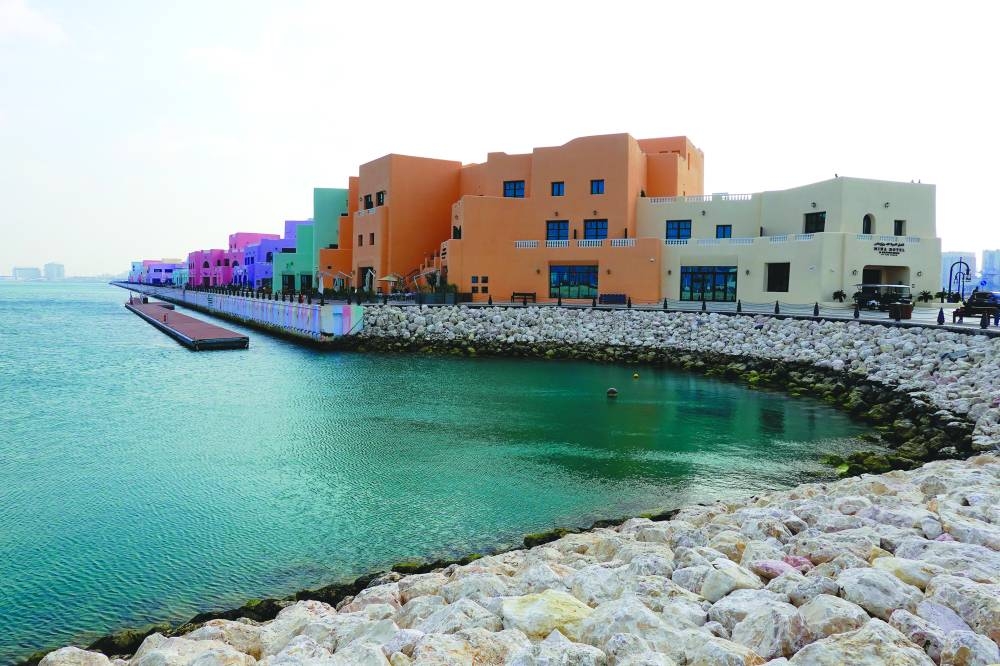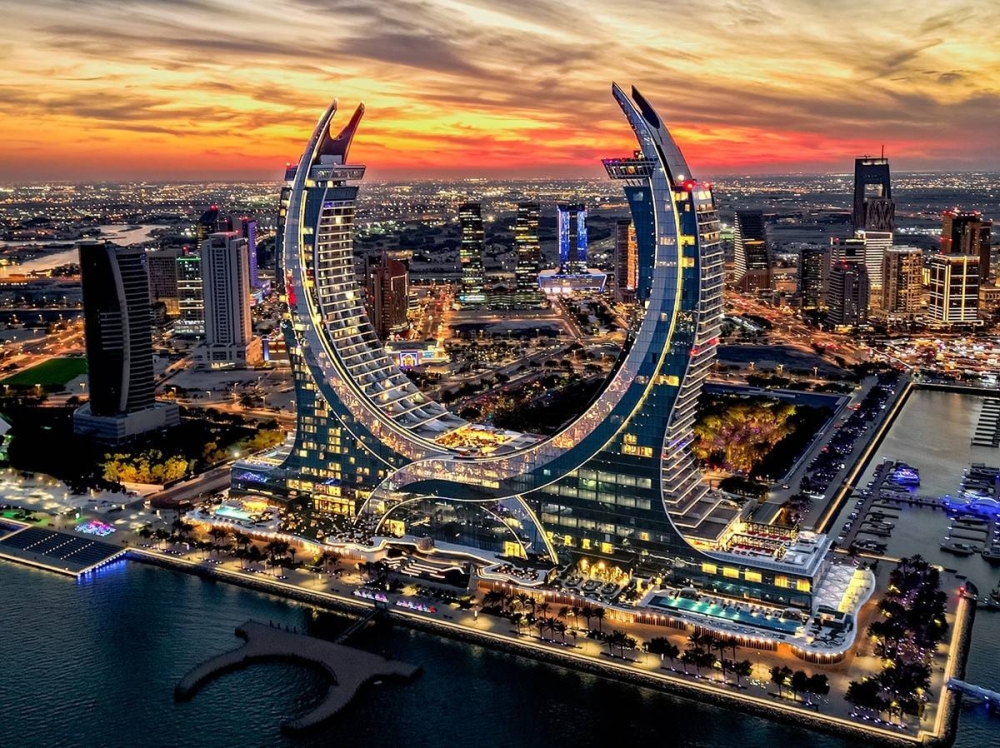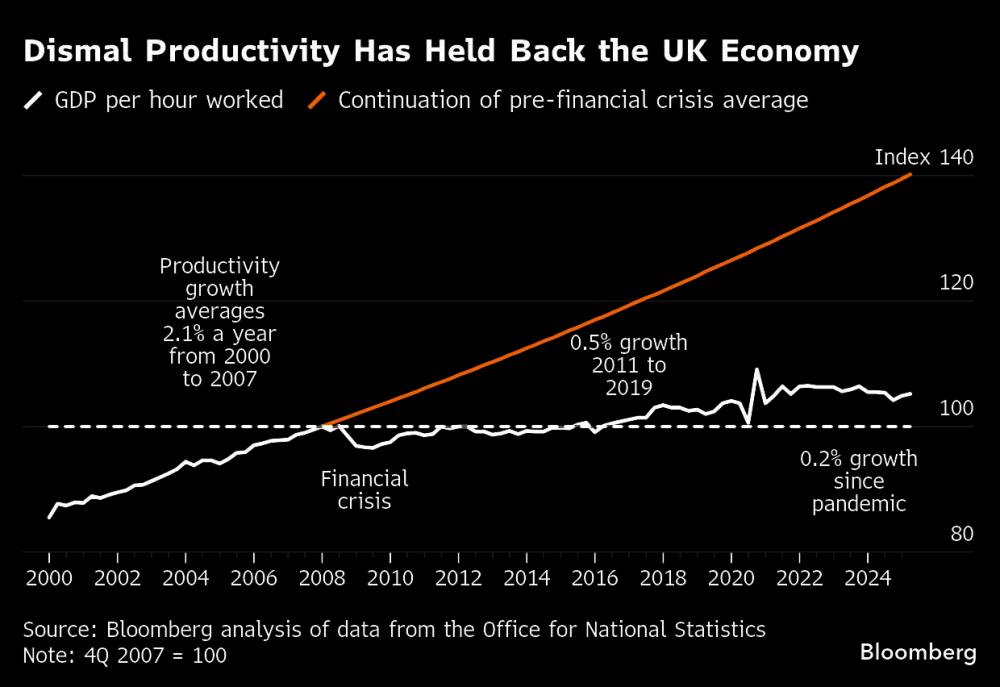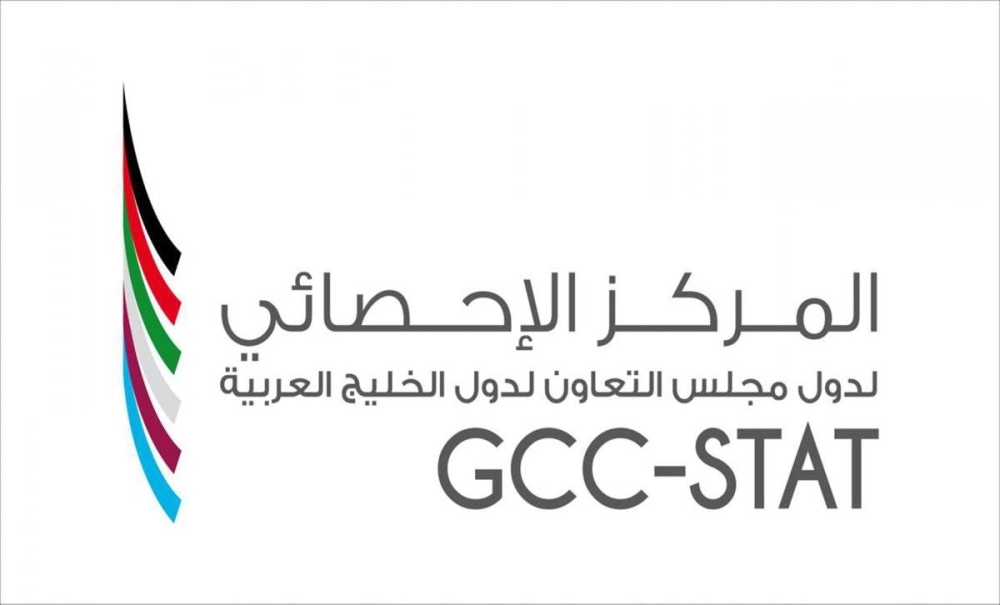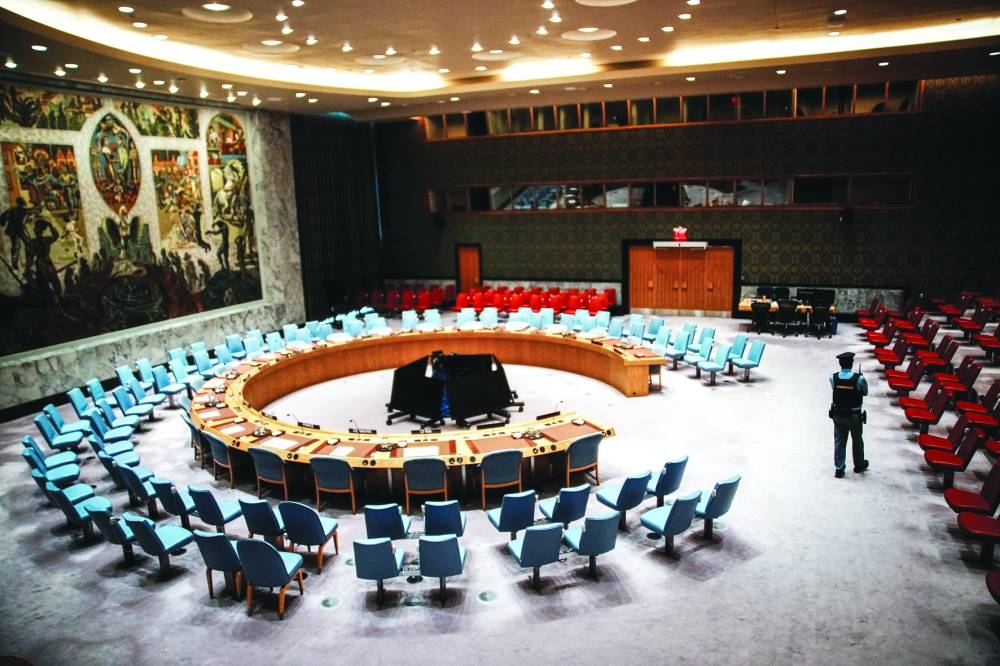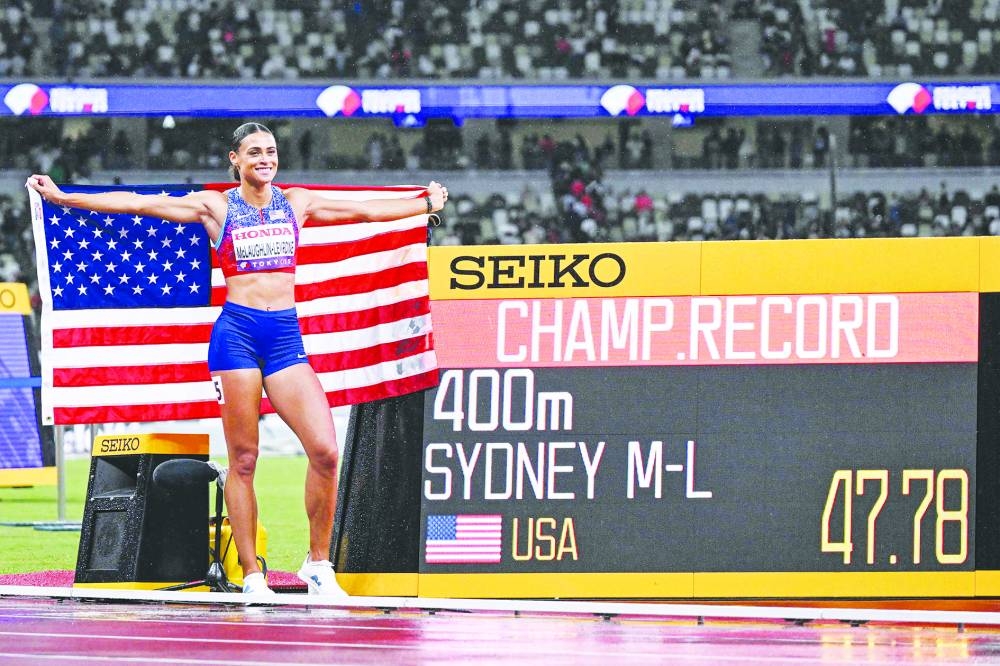In a world increasingly aware of sustainability, tourism emerges as a soft power reshaping economies and societies, expanding employment opportunities, developing infrastructure, building bridges between cultures, and promoting global understanding.Reflecting this pivotal role, the theme of World Tourism Day 2025 was chosen as Tourism and Sustainable Transformation, a global call to harness this vital sector in promoting inclusive development and building a more environmentally and economically balanced future.The 2025 celebration of World Tourism Day emphasises strategic planning for the development of facilities and establishments, as well as training workers in language learning and understanding the requirements of diverse audiences.It also seeks to open new horizons for visitors, strengthening a culture of travel and mobility by blending traditional entertainment with modern travel experiences and luxury.This is achieved through effective monitoring of social media and digital platforms to capture tourist decisions and the evolving trends in their choices.On this occasion, UN Secretary-General Antonio Guterres affirmed that tourism represents a driving force for transformation, as it strengthens connections between people and places, builds bridges across cultures, preserves traditions, restores cultural heritage, and reminds us of our shared humanity and diverse richness.He highlighted that the theme, Tourism and Sustainable Transformation, calls for investment in education and skills development, particularly for women, youth, and marginalised communities, as well as supporting micro, small, and medium-sized enterprises.He also urged greater climate action by reducing emissions across the entire tourism sector, preserving biodiversity, and protecting fragile ecosystems.According to a report by the World Travel and Tourism Council (WTTC), the travel and tourism sector provides one in every ten jobs and accounts for one-tenth of global GDP.The report noted that the sector boosts economic growth through consumer spending and linked production chains.The contribution of travel and tourism to the global economy reached $10.9tn in 2024, underscoring its vital importance as a global economic pillar.Travel and tourism have also become one of the world’s largest sources of employment.In 2024, the sector supported a total of 357mn jobs, equivalent to one in every ten jobs worldwide.This reflects the sector’s role in generating direct employment in hotels, airlines, and restaurants, as well as indirect opportunities in related industries such as agriculture, food production, transportation, and infrastructure.Domestic visitor spending, known as domestic tourism, amounted to $5.3tn in 2024, an increase of 5.4% compared to 2023.Meanwhile, international visitor spending, outbound tourism, rose by 11.6% annually to reach $1.9tn, reflecting a strong rebound in cross-border travel in recent years.Observers point out that tourism is no longer confined to leisure destinations but has expanded to include diverse types that meet varying visitor needs and preferences.These include sports and beach tourism, as well as cultural tourism focused on exploring national heritage, history, traditions, and artistic expressions.Other forms include religious tourism, in addition to medical and wellness tourism sought by those pursuing treatment, natural therapies, or relaxation to achieve fitness and recovery.Environmental tourism, which emphasises exploring and appreciating the natural environment, also plays an important role.This wide diversity of tourism types not only caters to multiple interests but also strengthens the sector’s contribution to economic and social growth.Despite the policies and efforts aimed at enhancing the tourism sector, it continues to face numerous challenges, most notably climatic, health, and security-related factors.Tourist sites, whether cultural or natural, can be severely damaged by natural disasters such as earthquakes, floods, and storms.Tsunamis, earthquakes, and wars are among the gravest threats to tourism activities.Armed conflicts and social unrest can also lead to significant declines in visitor numbers and tourism flows.The sector is equally vulnerable to highly contagious diseases.The coronavirus (Covid-19) pandemic, for example, imposed strict global restrictions on land, sea, and air travel, leading to the closure of major tourist attractions such as museums, parks, and other destinations, as well as restaurants and hotels that provide leisure services.As a result, the sector contracted globally by 3.4% in 2020, highlighting its sensitivity to major health crises.In recent years, digital transformation and the use of electronic applications have played a significant role in facilitating tourist mobility.These include travel booking systems, flexibility in personal rescheduling, streamlined airport procedures, and improved hospitality services for tour groups.Such technology has become a central pillar in advancing tourism development and enhancing the visitor experience.In Qatar, tourism receives significant attention from government institutions and the tourism authority, particularly in terms of developing and diversifying tourism facilities, overcoming climate challenges, and providing an integrated infrastructure suitable for all seasons of the year.This includes hotels, transportation networks, wellness resorts, artificial islands, and sports and entertainment facilities, thereby strengthening Qatar’s position within its competitive regional environment.In this context, several entities stand out, led by Qatar Tourism (QT) and Visit Qatar, which both support the development of the tourism sector in the country.Since 2022, Qatar has launched the Hayya electronic visa platform, which has evolved into a comprehensive system that facilitates electronic entry permits and provides visitors with a safe and seamless experience.The platform offers five types of electronic visas and has successfully processed more than 2mn applications during the period following the FIFA World Cup Qatar 2022, specifically from 2023 until early September 2025, according to the QT.This reflects its vital role in facilitating visitor entry and enhancing the tourism experience in the country.According to the Visit Qatar website, the number of international visitors to Qatar reached 2.6mn in the first half of 2025.Visitors from the Gulf Co-operation Council (GCC) countries accounted for the largest share of this figure, followed by visitors from European countries.Of the total number of visitors, 57% arrived by air, 33% by land, and 9% by sea.The average hotel occupancy rate for the market in the first half of 2025 stood at around 71%, while the number of hotel nights sold reached 5.23mn.Meanwhile, data from the QT showed that the entire tourism sector contributed QR55bn to the country’s GDP in 2024, equivalent to about 8% of the total economy.This represents a 14% increase compared to 2023, a clear indicator of progress toward achieving the Qatar Tourism Strategy 2030 goal of raising the sector’s contribution to 12% of GDP.These figures reflect the magnitude of efforts invested, the diversity of events, and the development of entertainment areas in Qatar.Among the most prominent was the Qatar Games Festival, which concluded its third edition by attracting more than 130,000 visitors, exceeding attendance figures of the previous edition by 12%.Other major events included the Doha Jewellery and Watches Exhibition 2025, Ras Abrouq Desert Experience, Sealine Season, Qatar Shopping Festival 2025, Qatar International Food Festival (QIFF), and Throwback Food Festival, along with key initiatives such as Scoop by the Sea and ongoing Whale Shark Tours.Qatar’s tourism offerings also include access to iconic sites and landmarks such as the Katara Towers in Lusail City, designed in the shape of a crescent that embodies the national identity with a striking presence inspired by the crossed swords of Qatar’s national emblem.Another highlight is the Greek-Roman amphitheatre in Katara Cultural Village, a unique architectural blend of Islamic and ancient Greek elements, overlooking the sea and regularly hosting concerts and performances.Equally captivating is Mina District at the Old Doha Port, a vibrant artistic scene with colourful buildings, cobblestone streets, and a scenic promenade where cruise ships dock.Meanwhile, Souq Waqif remains a hub of authenticity, where the aroma of tradition mingles with modern vibrancy through its many shops and local dining experiences, all located near the distinctive Fanar Islamic Cultural Centre and its iconic minaret.Also noteworthy is the Qatar National Library (QNL), located in the heart of Education City, which houses millions of books alongside advanced educational facilities and programmes.The Museum of Islamic Art, designed by Pritzker Prize-winning architect I M Pei, occupies a prime location on the Doha Corniche and holds one of the world’s finest collections of Islamic art.Equally impressive is the National Museum of Qatar, designed by French architect Jean Nouvel and inspired by the desert rose, both serving as homes for world-class art exhibitions and cultural exchange.Among modern projects, Msheireb stands out as the world’s first sustainable downtown regeneration project, embodying a futuristic spirit.Also notable is the Education City Celebration Pavilion, designed by Japanese Pritzker Prize-winning architect Arata Isozaki.Qatar’s hosting of major international sports events and their wide audiences plays a pivotal role.The country has successfully staged global tournaments such as the 2015 World Men’s Handball Championship, the FIFA World Cup Qatar 2022, and continues to host remarkable editions of world beach games, tennis, squash, padel, and various regional and continental championships.In the second half of this year, Qatar will host several major events, including the World Triathlon Championship Finals Qatar T100 in Doha, in co-operation with the Professional Triathletes Organisation, as well as the FIFA Arab Cup Qatar 2025 and the Qatar Airways Grand Prix Formula 1.Qatar is also preparing to host the next Basketball World Cup in 2027.Furthermore, the QT and Visit Qatar are implementing major events and projects during the latter half of the current year, with the country preparing to welcome the 2025-26 cruise season.This follows the exceptional success of the previous season, which saw the arrival of 87 cruise ships, marking a 19% increase compared to the season before.The number of cruise visitors during that season exceeded 360,000, reflecting a 4% rise compared to the previous season, underscoring the ongoing efforts to diversify and develop the country’s maritime tourism sector.



